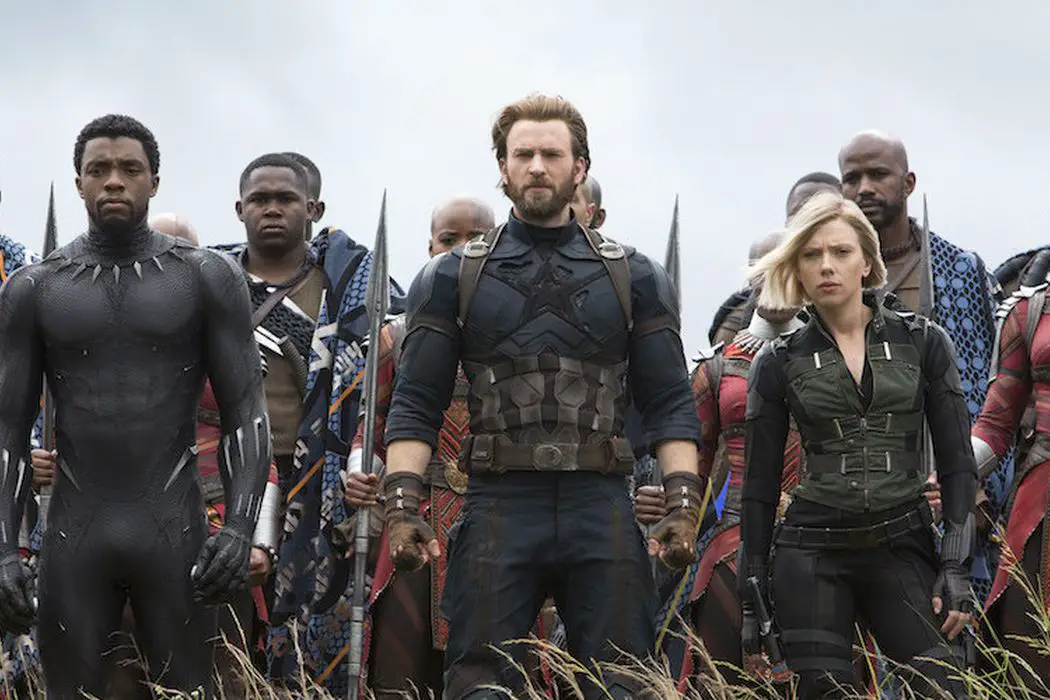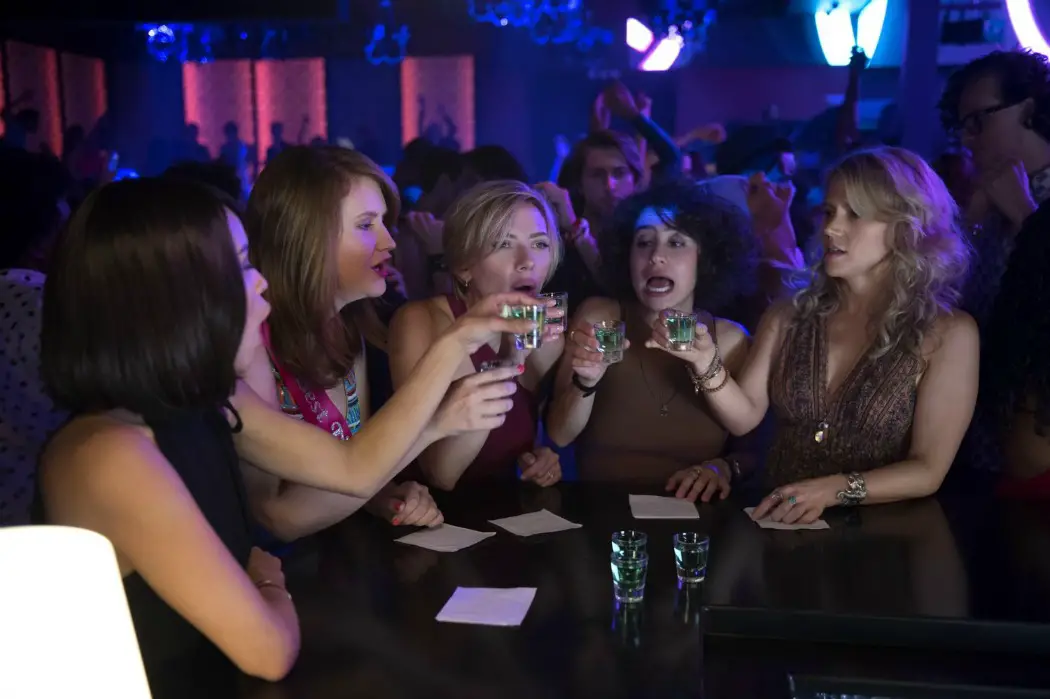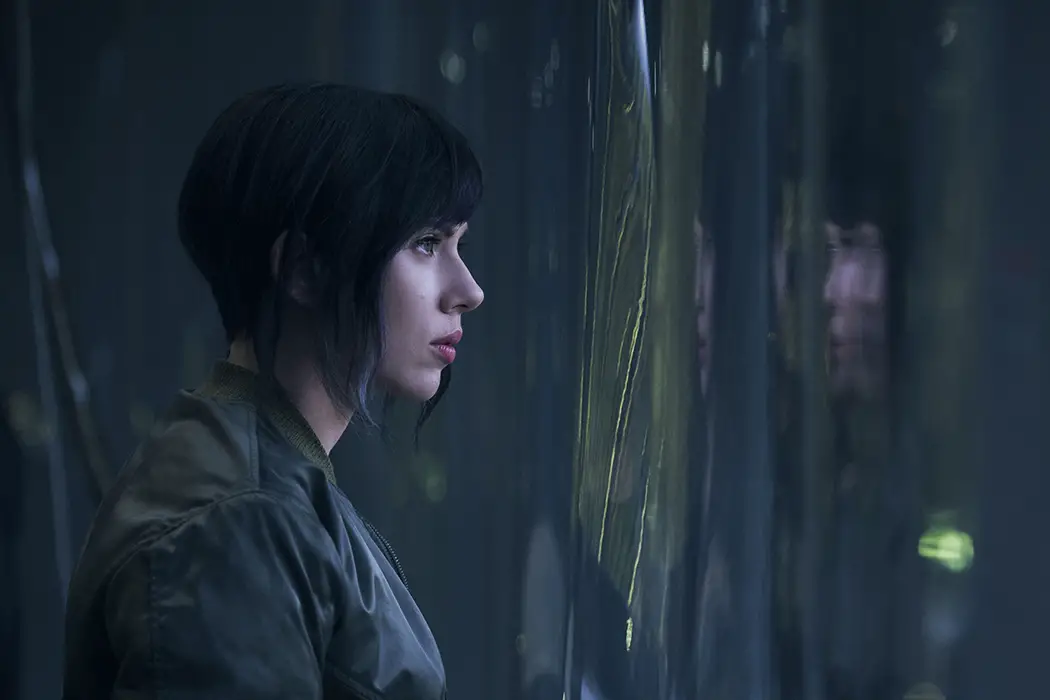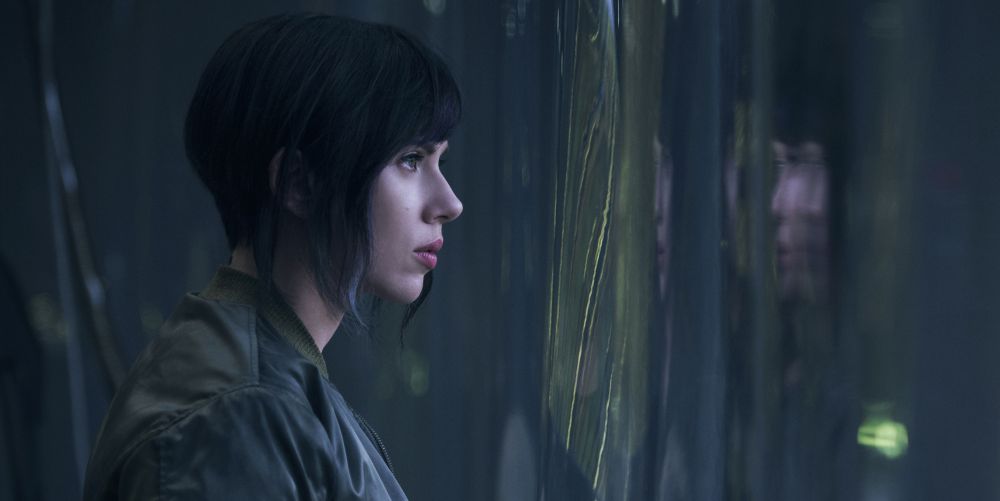Scarlett Johansson
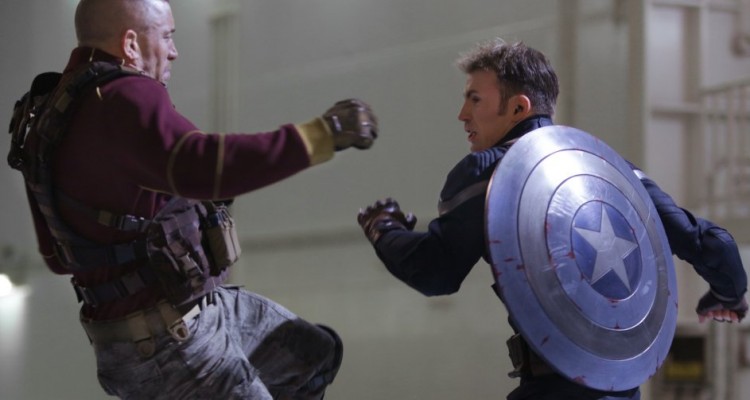
“Dulce et decorum est pro patria mori” – Horace “It is sweet and right to die for one’s country”. Most famously, and aptly, used by the World War I era poet Wilfred Owen in his poem, “Dulce Et Decorum Est-,” about knock kneed soldiers slogging through dirt and grime within dangerous trenches on the European front. The quote is haunting in both Owen’s and Horace’s context, even if it also belies a satirical edge.

